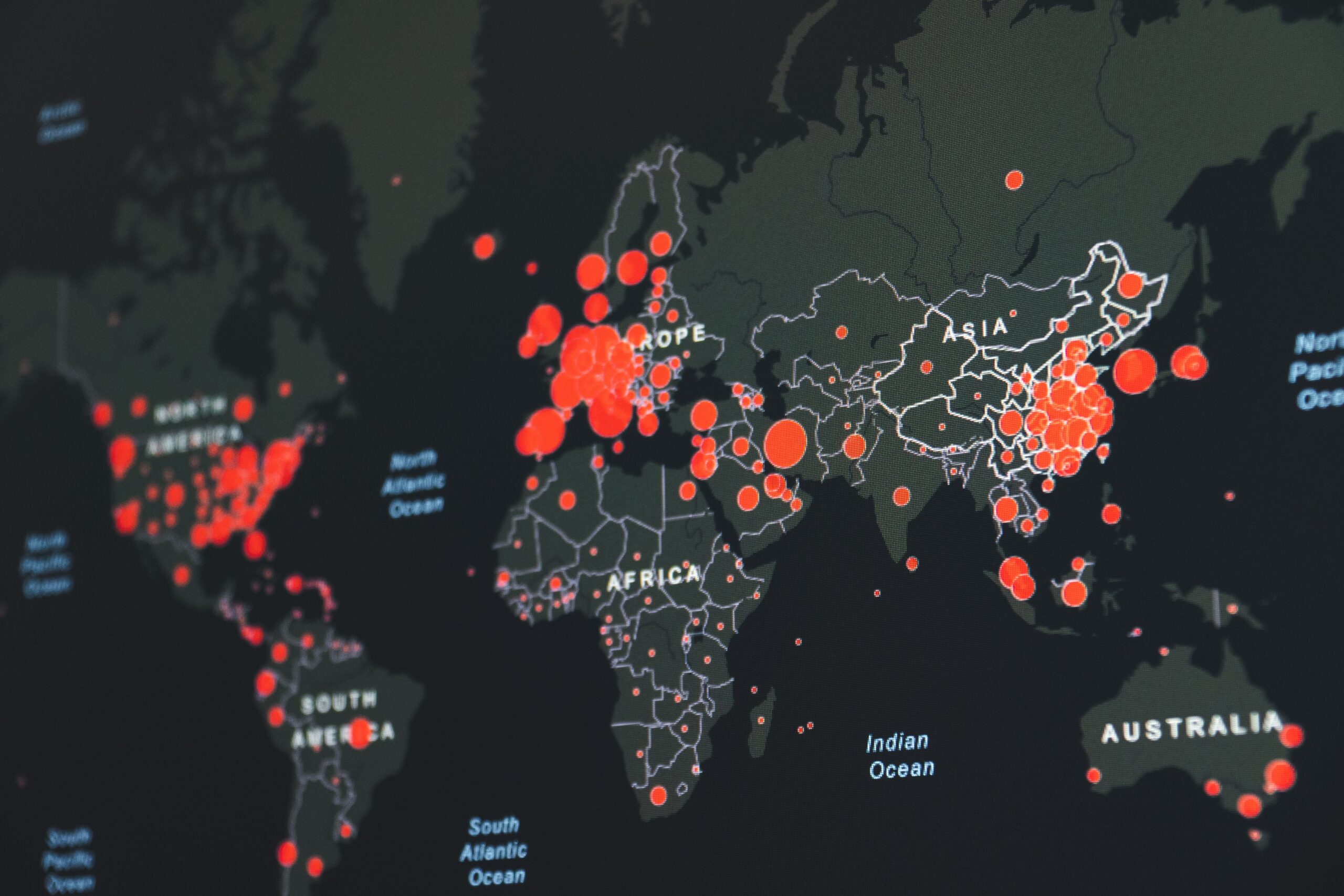IPAs have their work cut out for them as they grapple with huge upheavals in the investment landscape. Bostjan Skalar, CEO of the World Association of Investment Promotion Agencies, pinpoints five disruptors they face.
Investment promotion agencies (IPAs) are the organisations charged with attracting and facilitating inward investment and therefore play an essential role in international economic development and growth. The past year has not been an easy one for IPAs, and they must adapt to a market in great flux and carve out an entirely new paradigm for successful investment promotion. These are the top ways the Covid-19 crisis is impacting how IPAs operate.
1. FDI downturn
The impact of the Covid-19 pandemic on foreign direct investment (FDI) has been extraordinary over the past months. According to the Global Investment Trends Monitor from the UN Conference on Trade and Development (UNCTAD), global FDI in 2020 fell by 42% to an estimated $859bn.
In recent months we have seen sectors, notably tourism, hospitality and aviation, diminishing drastically. Furthermore, while vaccines from various manufacturers are being approved by the relevant authorities, considerable logistical challenges in production and distribution of said vaccines are being faced, hence lockdowns are still in place in many parts of the world.
2. Disruption of global value chains
In addition to the FDI downturn, IPAs also need to consider the impact of the pandemic on global value chains (GVCs), which have been affected by a combination of supply and demand shocks. Experts predict a “new normal, a different way of operating” for companies, re-evaluating resilience and risk.
Reshoring and nearshoring may become a major practice as companies looking to mitigate risk will likely seek to regionalise or localise their production and supply chains.
3. Adapted strategies
One of the most essential factors of a successful IPA’s work is planning and sector prioritisation, and yet IPAs are frequently expected to cover myriad mandates that are often unclear on what kind of FDI they actually want or are required to attract.
The current pandemic, however, could serve as a period of renewed focus for many IPAs, with a clear view on what they can provide for their existing locations or, in the long run, how they would like to position their location for the future. It is imperative that governments and IPAs work together on realistic expectations, underlining the critical work of IPAs and their effectiveness.
4. Embracing digitalisation
Covid-19 has considerably accelerated the way we use technology. The pandemic changed, at least in the short term, how IPAs find their customers and communicate with them. We know that investment promotion is a job that requires various skills and interaction is certainly one of the most important.
On WAIPA’s Covid-19 platform we have collected numerous excellent examples of how IPAs have tackled the current situation via digital solutions. In fact, our colleagues at UNCTAD recently recognised Invest India, which holds the WAIPA vice-presidency, as well as the Estonian Investment Agency and the Rwanda Development Board for their innovation in using digital solutions.
5. Enhanced focus on aftercare and advocacy
As the current situation makes the attraction of new investment even more difficult, an enhanced focus is placed on aftercare. Aftercare, despite its obvious benefits, is sometimes a neglected exercise, yet we know that new investments often come from existing investors. Moreover, existing investors are a valuable source of information on how a location can attract further investors.
This enhanced focus on how to reflect the investors’ experience can be seen in another function of IPAs, the advocacy function, which is often overlooked but highly demanded by investors and a service most valued by investors. Hence, together with the World Bank, we have launched a global competition to find and designate awards to those IPAs showing the best international practices when it comes to advocating for reforms to improve the investment ecosystem for FDI.
It is by identifying and adapting to these massive changes brought about by Covid-19 that IPAs can set themselves up for future success in the new global environment.
This article was originally published by Investment Monitor.
Written by
Disclaimer: The views expressed in this article are the author’s own and do not necessarily reflect WAIPA’s stance.



